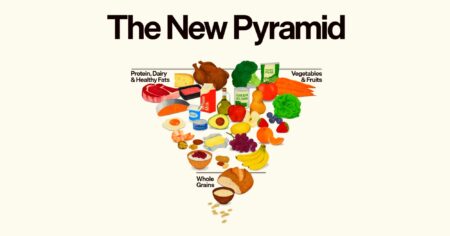Trade relations between the United States and Canada took a dramatic turn this week after President Donald Trump announced a 10 percent tariff increase on Canadian imports, accusing Ontario’s government of running a “fraudulent” advertisement that misrepresented the legacy of former U.S. President Ronald Reagan.
The controversy centers on a television ad sponsored by Ontario Premier Doug Ford’s government, which featured excerpts from Reagan’s 1987 speech denouncing tariffs as harmful to American workers. The ad aired in several U.S. markets, including during Game 1 of the World Series, and was widely seen as a critique of Trump’s protectionist economic policies.
Trump responded on his social platform Truth Social, claiming without evidence that the ad was “fake” and intended to influence the U.S. Supreme Court, which is set to hear a case next month challenging his authority to impose sweeping tariffs under emergency powers. “CANADA CHEATED AND GOT CAUGHT!” Trump wrote, vowing to suspend all trade negotiations with the northern neighbor.
Ford initially defended the ad, saying it aimed to “start a conversation” about the economic impact of tariffs on workers. However, after speaking with Canadian Prime Minister Mark Carney, Ford announced the campaign would end on Monday, insisting the goal of reaching “U.S. audiences at the highest levels” had been achieved.
Canada and the United States are friends, neighbours and allies. President Ronald Reagan knew that we are stronger together.
God bless Canada and God bless the United States.https://t.co/n1Nj6ofNZU
— Doug Ford (@fordnation) October 24, 2025
Carney, facing mounting domestic pressure amid a minority government, said Canada remained “ready to negotiate” but emphasized a pivot toward expanding exports beyond the U.S., particularly to Asia. “We can’t control the trade policy of the United States,” Carney said, according to Bloomberg, “but we can control how we respond.”
The Ronald Reagan Presidential Foundation criticized Ontario’s ad, arguing it “misrepresented” Reagan’s words and that permission had not been granted to use or edit the footage. In response, Ford’s office reposted a longer, unedited version of the 1987 address, asserting it was in the public domain.
Observers noted the irony of Trump invoking Reagan to justify tariffs, given that Reagan championed free trade throughout his presidency. “Reagan loved free trade — Trump is selling something very different,” said Chris Sands, director of the Center for Canadian Studies at Johns Hopkins University told The Guardian.
Our intention was always to initiate a conversation about the kind of economy that Americans want to build and the impact of tariffs on workers and businesses. We’ve achieved our goal, having reached U.S. audiences at the highest levels. I’ve directed my team to keep putting our…
— Doug Ford (@fordnation) October 24, 2025
The flare-up comes at a critical time: both countries are preparing for the six-year review of the U.S.-Mexico-Canada Agreement, while the Supreme Court’s upcoming decision could redefine the limits of presidential trade powers.
With tariffs on Canadian steel, aluminum, and automobiles already as high as 35 percent, analysts warn that the relationship between Washington and Ottawa may be entering its most strained phase in decades. “There was no evidence we were going anywhere with trade talks,” Sands added. “This simply formalizes a dead-end.”












